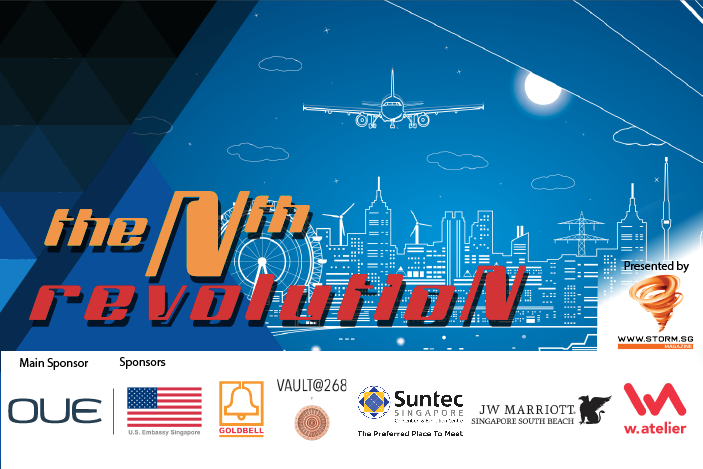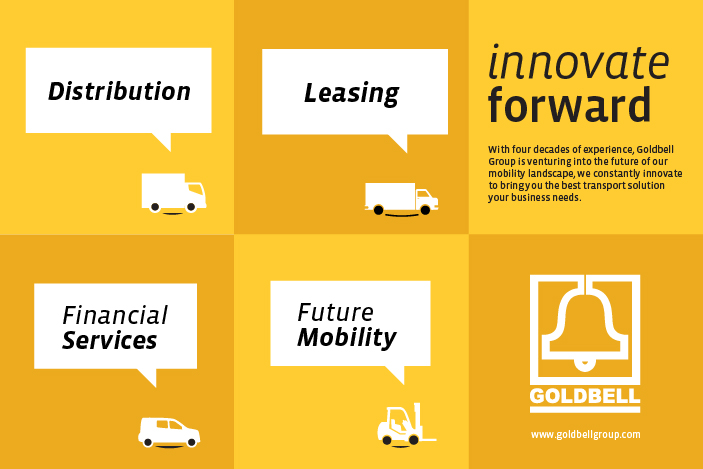IF YOU haven’t read these books in the next six months, or their replacements, you’re not going to be clued in.
That’s the warning/advice from Mark Lautman, at the recent the Nth Revolution, part of STORM magazine’s Keep It Going series of talks and discussions on the state of the economy and society.
Lautman is the author of When The Boomers Bail: A Community Economic Survival Guide which analyses the repercussions of a zero-sum labour market and the shortage of qualified workers.
In his keynote, Our Superpower Needs An Overhaul, Lautman spoke about the challenges faced by societies that do not have a plan for the future. He also advocated that the audience read the books he’d listed out to understand the complexity of the path ahead.
“You need to become sentient about the future,” Lautman counsels.
The Booklist
Homo Deus: A Brief History Of Tomorrow (2015) by Yuval Noah Harari follows his successful Sapiens: A Brief History Of Humankind. In looking to the future, Prof Harari explores how global power might shift and how intelligent design dictates the evolution of the planet.
The Singularity Is Near: When Humans Transcend Biology (2005) by Ray Kurzweil presents a perspective of the future when humans and machines merge. Kurzweil has had many accurate predictions, and this might be the most disconcerting.
Other Articles From the Nth revolutioN:
Joseph Schooling, Bureaucracy And Physics
Life 3.0: Being Human in the Age of Artificial Intelligence (2017) by Max Tegmark, the Swedish-American cosmologist, author and professor of physics at MIT, who talks about the impact that AI will have on human intelligence. How it will affect crime, war, justice, jobs and the things that make us human.
The Second Machine Age: Work, Progress, and Prosperity in a Time of Brilliant Technologies (2014) by Erik Brynjolfsson and Andrew McAfee paints an optimistic picture of the future, although many people may be left behind. Also by the authors is the follow-up Machine Platform Crowd: Harnessing Our Digital Future (2017), which explains the business implications behind these developments.
Superforecasting: The Art And Science of Prediction (2015) by Philip Tetlock and Dan Gardner looks at why some people are able to figure out the future. The book shows what the reader can learn from this elite group.
Articles By Mark Lautman:
It’s Not Rocket Science…It’s Harder!
It’s Not Brain Surgery, But We’re Going To Need Some!
Shop Class As Soulcraft: An Inquiry Into The Value Of Work (2009) by Matthew Crawford is built from an essay originally published in 2006. It gets us to reconnect with working with our hands while questioning the rationale of turning everyone into a “knowledge worker”.
Skin In The Game: Hidden Asymmetries in Daily Life (2017) by Nassim Nicholas Taleb advocates that to have a stake in the process is necessary for business and to better understand the world.
More reports on Keep It Going — the Nth revolutioN in the coming days.

























